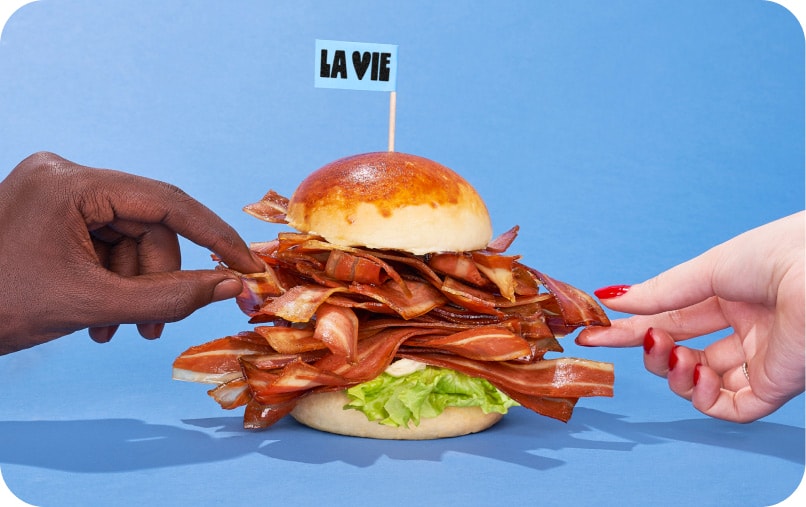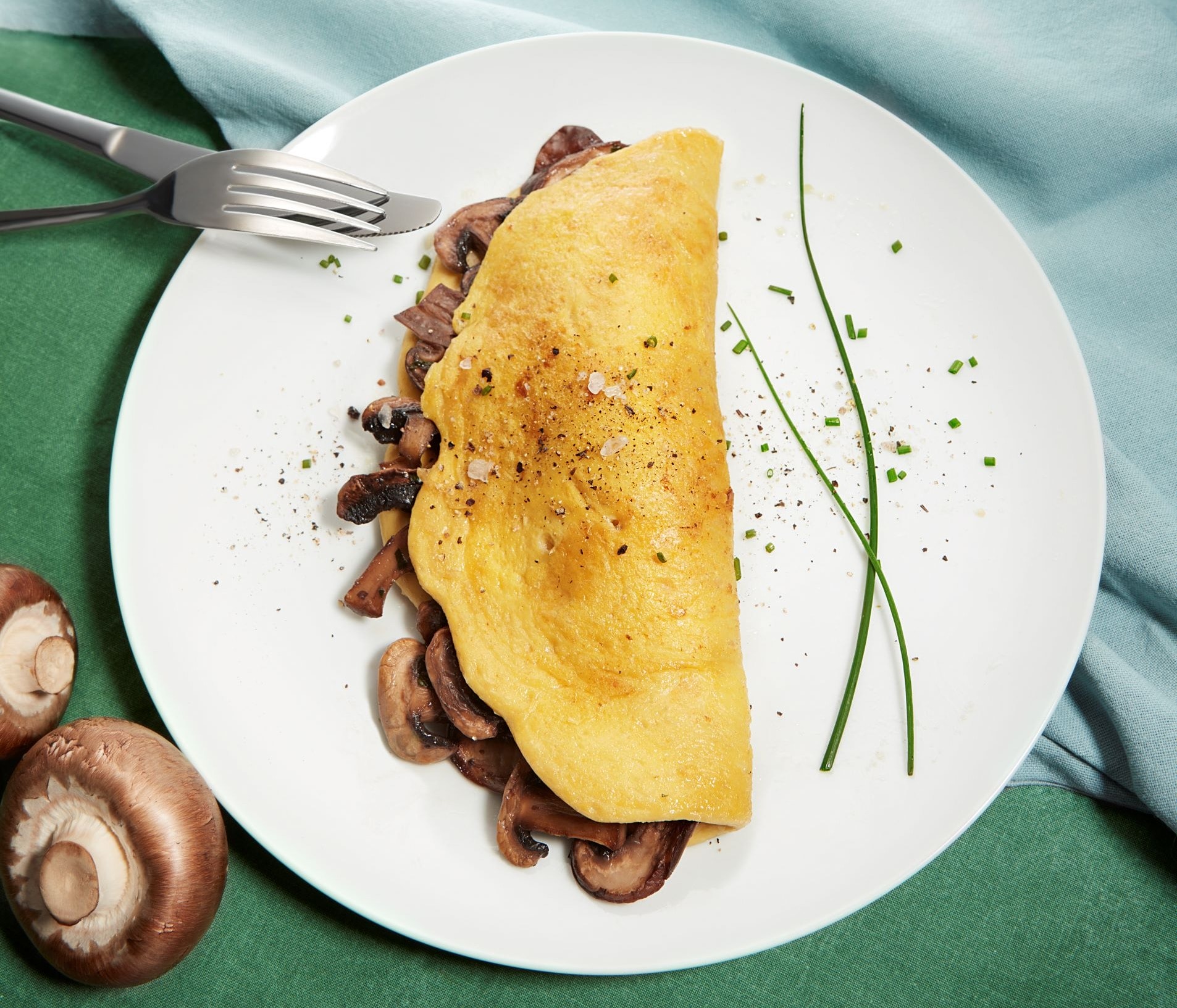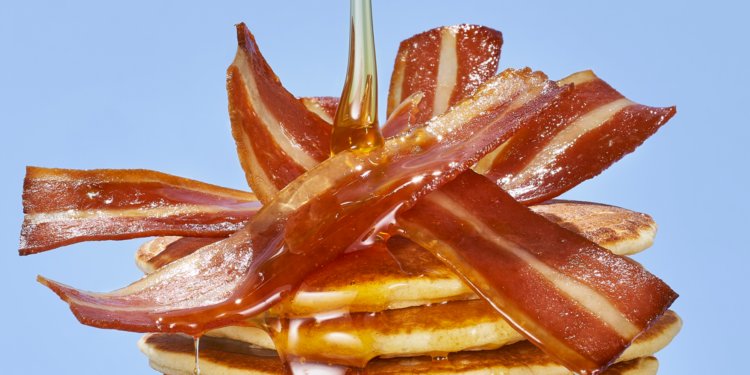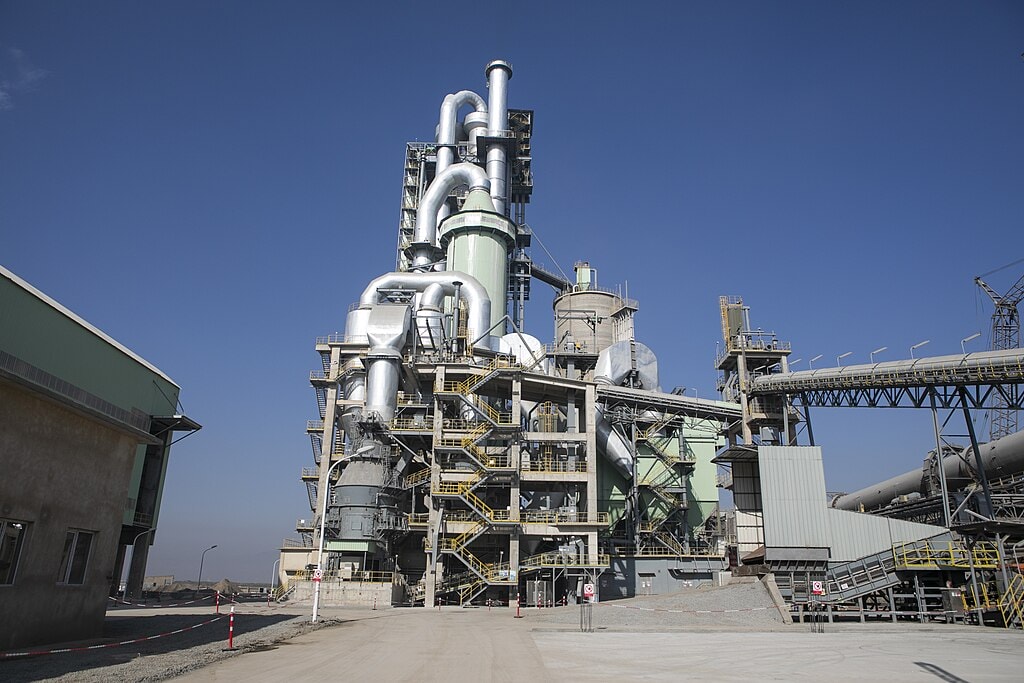In recent years, the European market for plant-based foods has experienced an extraordinary surge. Despite challenges, like the Covid pandemic, geopolitical tensions and war and inflation, among others, the value and sales of plant-based foods have shown a consistent upward trajectory.
According to an analysis by The Good Food Institute, the old continent saw an impressive 21% growth in plant-based product sales between 2020 and 2022, propelling the sector to a record value of €5.8 billion in 2022.
With 1.3 billion units of plant-based milk sold in Europe in 2022, a 20% increase from 2020, plant-based milk is the leader of the European plant-based foods market. In 2022, Europe’s plant-based milk market reached the value of €2.2 billion.
Following closely, plant-based meat came in second. It saw a 19% growth in sales from 2020 to 2022 and reached a market value of €2 billion in 2022.
Notably, the plant-based seafood segment demonstrated the highest growth rate, with sales skyrocketing by over 326% since 2020. Concurrently, plant-based cheese, yogurt, and spreads also witnessed substantial growth rates.
As it turns out, consumers are increasingly looking for alternatives to animal-derived products for health, ecological, and ethical reasons. A 2023 survey revealed that around 40% of French citizens express a desire to consume more plant-based products.
To meet this escalating demand, startups in France are coming up with new or improved plant-based foods. Here are three of them.
Umiami: Fewer ingredients, no additives
Umiami‘s offers “100% vegan products, without any controversial ingredients.” Its mission: “Contribute to the preservation of the climate, animal welfare and the improvement of public health.”
While plant-based substitutes contain 20 different ingredients on average, Umiami’s plant-based chicken fillet contains only seven “carefully selected ingredients — adapted to market needs.” These include protein, water, oil, salt, fiber, citric acid, and natural flavoring.
La Vie Foods: Plant-based bacon and lardons
“Our mission for La Vie? To make people switch from animal to vegetable fat with a smile and some delicious finger-licking fat,” the startup writes on its website.
La Vie Foods‘ bacon is “100% veggie, rich in protein, better for the planet, and rustled up in France.” In the startup’s blind-tasting survey, 92% of people who tried the La Vie Foods bacon said it tasted the same as pork bacon.

Like Umiami’s chicken and unlike plant-based alternatives on average, the La Vie bacon has seven ingredients: Water, sunflower oil, soya proteins, sea salt and vinegar, natural flavors and coloring.
Compared to pork bacon, it has about twice as little protein but five times more fibre and 7-9 times less saturated fat. It also has no nitrites, a chemical used in bacon that increases the risk of bowel, breast and prostate cancers.
La Vie’s bacon also “saves a heck of a lot” of CO2, water, and land use compared to traditional bacon. It requires 88% less CO2, 82% less water, and 74% less land use.

Le Papondu: Plant-based egg alternative
Since launching its plant-based egg alternative in 2022, startup Le Papondu — co-founded by biologists Philippine Soulères and Sheryline Thavisoukhas — has sold over 30,000 products.

Le Papondu’s plant-based egg alternative is made from just six ingredients — fava bean flour, oil, water, salt, carrot, and methylcellulose. It contains no preservatives.
Sold frozen, the egg alternative is rich in protein and has fewer calories than a regular egg. It also requires 64% less carbon dioxide to make.
The founders of Le Papondu believe plant-based eggs will be bigger than plant-based meat. As they said: “It is much more widely consumed around the world, and unlike meat which is primarily consumed as is, the egg is used in the composition of a multitude of recipes. The field of possibilities is much wider.”

Editor’s Note: The opinions expressed here by the authors are their own, not those of Impakter.com — In the Featured Photo: Plant-based bacon by La Vie Foods. Featured Photo Credit: La Vie Foods.












